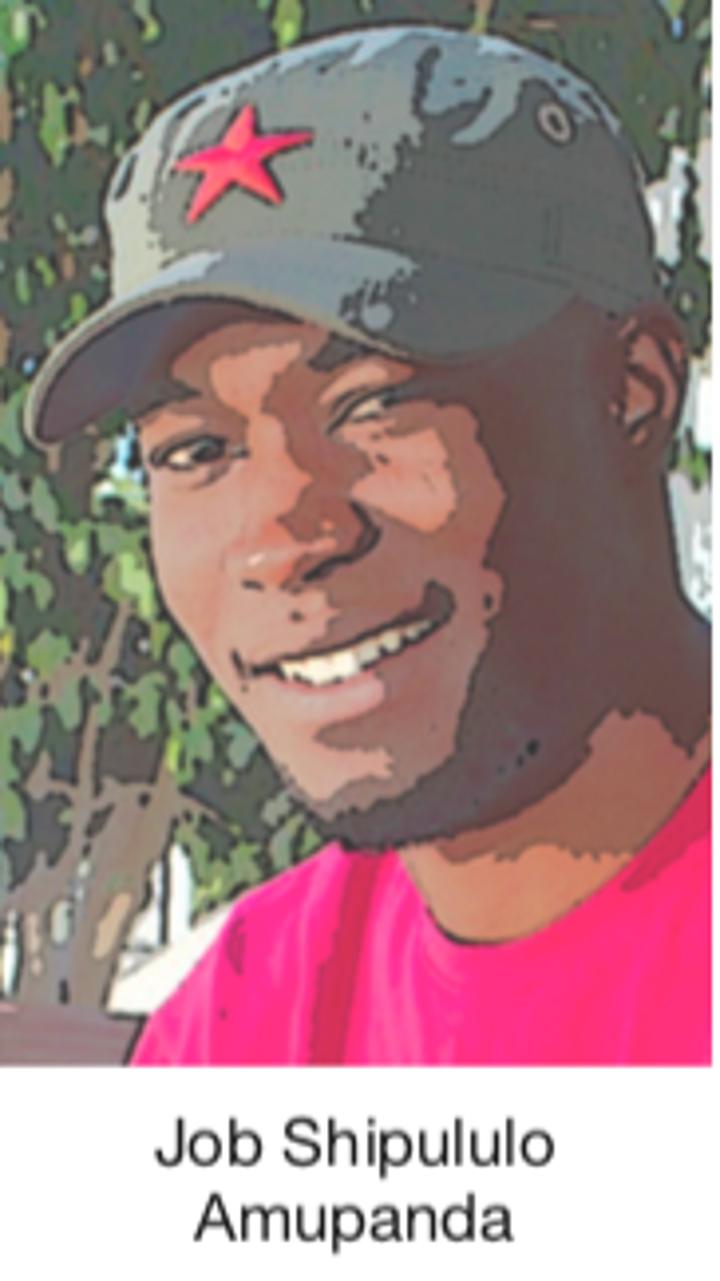Africa-Press – Namibia. WILLEM HOLLMANN, a linguistics professor at Lancaster University (UK), recently argued that a proper understanding of grammar, particularly knowledge about concepts as active and passive voices, leads to productive conversations about textual effects and possibilities. He made this submission in the teaching and learning context.
The importance of linguistics goes beyond academic contexts. Indeed, both academics and their students are firstly members of communities. As William Lawrence at Southern Methodist University (US) puts it: “For a long time, I have felt that civilisation is jeopardised less by nuclear weapons and ecological disasters than by breakdown in communication. Now I have evidence that problems in communication pose serious threats and that those problems are caused by bad grammar.” He concludes that “bad grammar is expensive and dangerous to democracy”.
‘FANTA ZOCOKE’
Consider several Namibian examples. I once had a conversation with Kasiku Siteketa on how brands penetrate and establish themselves in our society’s collective consciousness. She narrated the extent to which Fanta penetrated Kavango communities. Elders would send their children to buy “Fanta zoCoke”. Coca-Cola was seen as some kind of Fanta in a social hierarchy of soft drinks in which Fanta reigns.
This grammar existed in those Kavango communities outside the ingenuity of Fanta’s marketing managers. Put differently, it is possible that they are unaware of this social construct that advantages their product.
Compared to Fanta, Coca-Cola is the oldest. Fanta, a shortening of the German word “fantasie”, was established in 1940 under Max Keith’s stewardship when it became difficult to import the required ingredients to produce Coca-Cola in Germany. Given Coca-Cola’s longevity, one would expect the narrative to be “Coke zoFanta” and not “Fanta zoCoke”. It is by understanding the importance and power of grammar and social constructs that one can explain the “Fanta zoCoke” narrative.
BRAND IDENTITY When we grew up in Owamboland, cooking oil became synonymous with the Solo brand. “Inda wukalande omagadhi goSolo – go buy Solo cooking oil”, elders would instruct us. We hadn’t realised Solo was actually a brand of cooking oil, and that there were others as well. As visitors arrived with different cooking oil brands, we noticed but concluded it was merely a different Solo – like “Fanta zoCoke”. The Solo brand transcended the brand itself.
Up until today, reference to “omagadhi go Dawn” does not necessarily refer to Dawn lotion but to all lotions. At university, I once asked a friend to bring along Vaseline from the shop. To my dismay, he returned empty-handed saying there was no Vaseline. He was referring to the Vaseline brand while I subconsciously meant any petroleum jelly. The name Vaseline transcends the brand identity to refer to all “omagadhi go thengeka” (petroleum jelly) just like “Fanta zoCoke”, Dawn and Solo.
Our politics follows a similar path. It is common in African politics – political concepts are not necessarily applied in the same way as in Europe where they originated. Political scientists Patrick Chabal and Jean-Pascal Daloz detail this in their 1999 book, ‘Africa Works: Disorder as Political Instrument’. They came across a theatre of traditionalisation of politics and informal power structures that determines and undermines statecraft. POLITICAL FORMATIONS
In Oshiwambo, opposition political parties are popularly referred to as “oongundu dhompilameno”, particularly in state media and affiliated broadcasting platforms. The origin of this translation is mysterious. While the word “ompilameno” appears to be a direct translation of the word “opposition”, the meaning is deeper in the Aawambo social consciousness. It goes beyond reference to political formations opposed to the government, party or group that is in political control of a city, region, state or country. Words such as “backwardness” and “reverse” are socially associated with “opposition”.
A further demonstration is necessary. Following the 2020 local elections, the ruling party, Swapo, lost political control of major urban areas. Strictly defined, Swapo became the opposition in those cities, towns and regions. Despite this, newspaper front pages still talked about “opposition-run councils”.
To astute observers of politics, it is mediocre to refer to “opposition-run councils” or “opposition-run towns” because it is impossible, by definition, for one to be an opposition yet to govern. These are journalists whose grammar is “Fanta zoCoke”.
On close inspection, it would seem that the term opposition has been socially engineered to mean any political formation other than Swapo. Even where Swapo is in opposition, and other formations are ruling, those governing are still called the opposition – a misnomer. Unlike Fanta, Vaseline and Solo whose owners are not involved in this narrative, Swapo is complicit in the existence and benefits of this political grammar.
RADIO REPORTING Consider reporting on Oshiwambo radio during elections. The president and other Swapo incumbents are never referred to as candidates but as those being “fought”. Consider this assertion: “omuPresident Hage Geingob ota kondjithwa momahogolo guuPresidente kaawiliki yoongundu dhompilameno yeli omugoyi” – (president Hage Geingob is being “fought” in the presidential election by nine leaders of opposition groups).
It doesn’t use terms such as contenders, candidates or participants. It names one candidate by title and name and groups other candidates together as those fighting the incumbent. The president is projected as the righteous one being “fought” by unnamed others referred to only by their collective number as leaders of unnamed opposition groups. This political grammar is not an accident. It is deliberate. The words of former US president Franklin Roosevelt should be remembered: “In politics, nothing happens by accident. If it happens, you can bet it was planned that way.”
Surely political grammar cannot be left solely to linguists in university halls. It must be clear that wherever there is disorder there is always someone who rejoices. As William Lawrence told us, bad grammar is expensive and dangerous to democracy.
– Job Shipululo Amupanda is activist-in-chief of the Affirmative Repositioning movement and the former mayor of Windhoek. He holds a PhD in political studies from the University of Namibia.
For More News And Analysis About Namibia Follow Africa-Press






